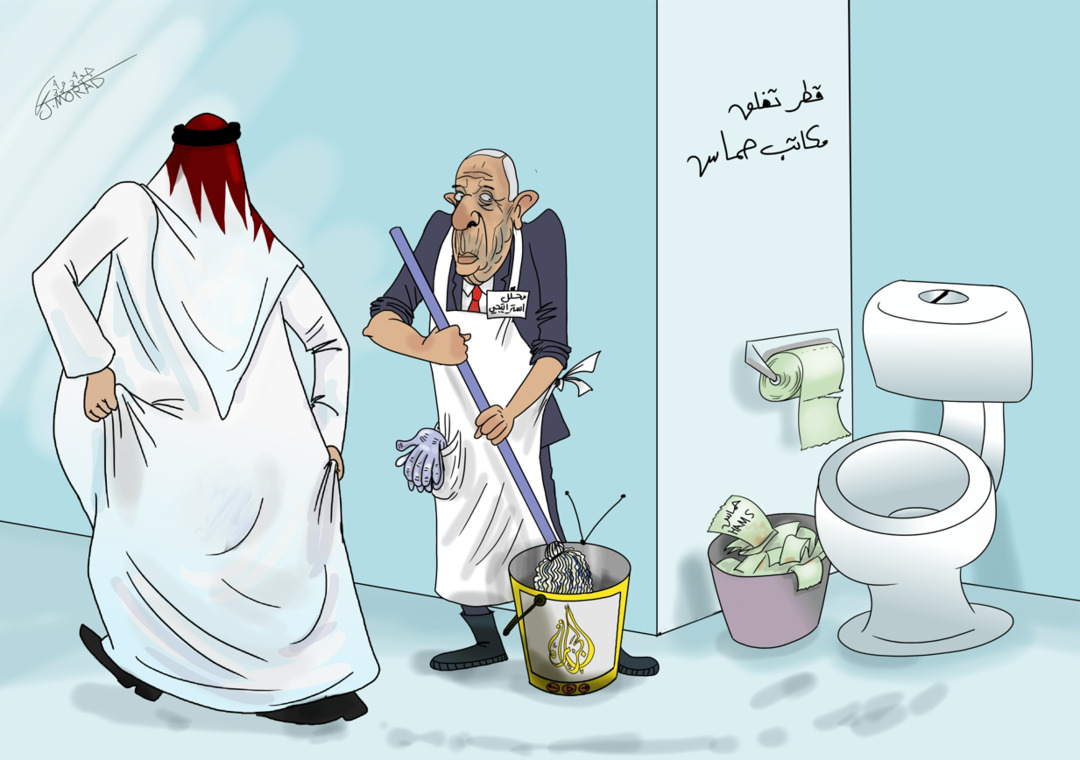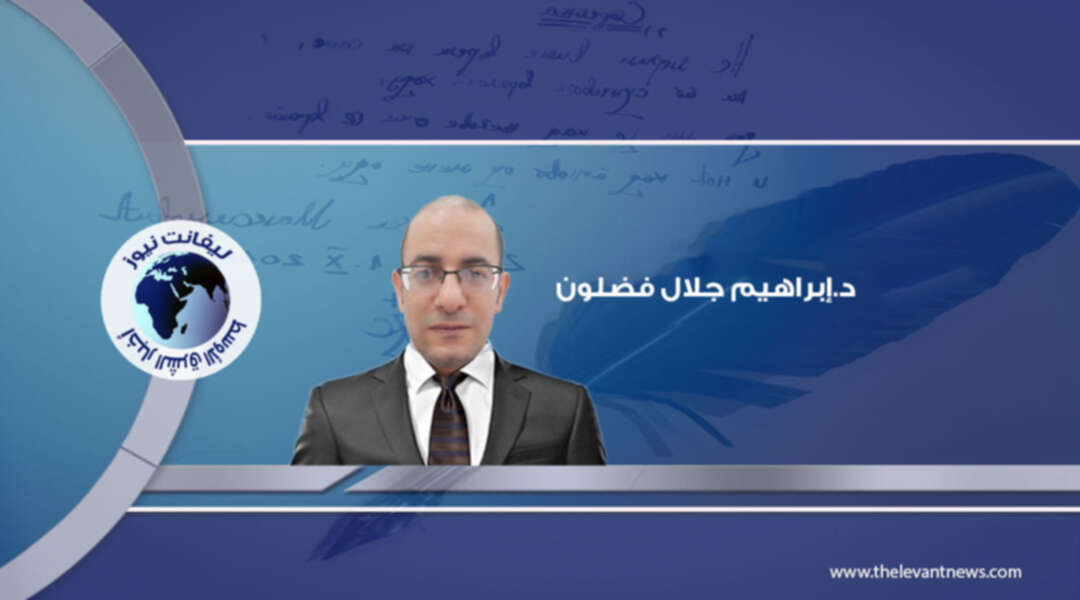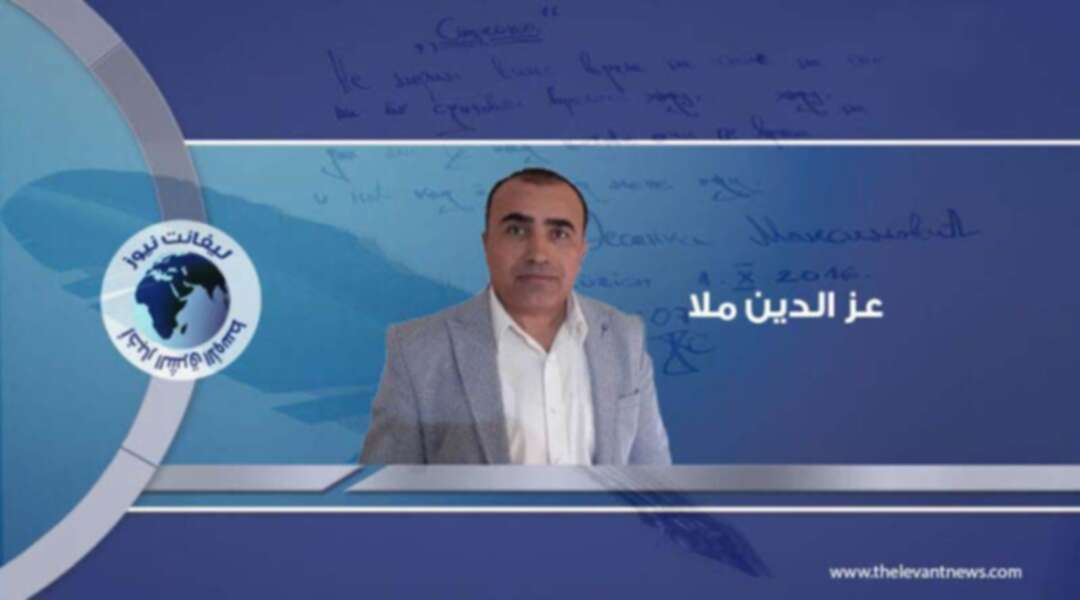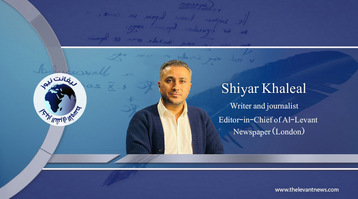-
Natanz as “maximum pressure”?

In the early morning of July 2 a fire broke out at Iran’s Natanz nuclear facility in Isfahan province, focusing attention on one of the most sensitive and urgent issues that divides the Islamic Republic from its Middle Eastern neighbors, the US, Europe and the wider international community.
It is still unclear exactly what happened. Misinformation and propaganda – magnified by social media – were rife. Iran’s Atomic Energy Organization initially reported damage to a shed on the underground enrichment site. It published a photo showing a building with its roof and walls partly burned. Analysts identified the site as a centrifuge assembly building. Iran later described the damage as “significant” - which it was assumed would make the incident a setback for the country’s disputed nuclear program.
US satellite images showed an explosion or fire large enough to be detected from space. Speculation immediately mounted that Natanz had been deliberately sabotaged – as it was in 2010 by the Stuxnet computer virus that damaged centrifuges and is believed to have been developed by the US and Israel.
The New York Times quoted an unnamed “Middle Eastern intelligence official” as saying the blast was caused by explosives planted inside the facility. BBC Persian reported that the attack had been claimed by a previously unknown group called the “Homeland Cheetahs.”
Natanz was not the only unexplained incident at a sensitive Iranian site. Days earlier another explosion occurred east of Tehran near the Parchin weapons development base that the authorities claimed was caused by a leak in a gas storage facility. Three or four other similar incidents have been reported recently.
Caution is required: not everything that happens in Iran is caused by sabotage. The country’s infrastructure is poor due to inadequate maintenance and mismanagement. Still, these events have fueled a growing sense of insecurity among the regime and the public.
Signs are that these actions may be part of the US policy of “maximum pressure” on Tehran. The background is that in the Joint Comprehensive Plan of Action (JCPOA) in 2015 Iran agreed to curb its nuclear programme in exchange for the removal of most international sanctions. But it has gradually reduced its commitments since President Donald Trump withdrew from the agreement in 2018 and re-imposed and intensified sanctions. These had battered Iran’s economy long before the coronavirus pandemic made things even worse.
US policy is enthusiastically supported by Israel – so far the only nuclear power in the Middle East – whose veteran prime minister, Binyamin Netanyahu, has focused on Iran as a far greater security threat than the Palestinians.
Iranian officials were quick to point the finger at the usual suspects: “The Islamic Republic of Iran has so far tried to prevent intensifying crises and ….unpredictable conditions and situations,” said a commentary on IRNA, the state-run news agency. But “the crossing of red lines …by hostile countries, especially the Zionist regime and the US, means that strategy ... should be revised.”
Hostility between Washington and Tehran remains unabated. In late June Iran issued an arrest warrant for Trump and 35 others over the US assassination in January of the IRGC Quds Force commander Qassem Suleimani in Baghdad. Israel and Iran exchanged cyberattacks just two months ago.
The US continues to pressure its allies to see the extent of the Iranian threat. Mike Pompeo, Trump’s secretary of state, urged the three European signatories to the JCPOA to block the planned lifting of the arms embargo in October, in line with the 2015 timetable. Lifting the ban would lead Iran to send more advanced weapons to regional allies such as the Palestinian movement Hamas and Lebanon’s Hizbullah. “Iran will hold a sword of Damocles over the economic stability of the Middle East, endangering nations like Russia and China that rely on stable energy prices,” Pompeo declared.
Javad Zarif, Iran’s foreign minister, retorted that any US attempt to destroy the Iran nuclear deal, reimpose sanctions and extend the arms embargo risks a “generational setback for the cause of multilateralism and international law.”
On July 3, in response to US pressure, Iran demanded to trigger the JCPOA dispute mechanism – part of what looks and feels like an intensifying confrontation. “The bottom line,” in the words of the seasoned Iran-watcher Raz Zimmt, “is that even if there are no direct links between recent events, and even if most of them are not the result of sabotage, they undoubtedly increase the level of tension.”
Not for the first time, Europeans find themselves in an uncomfortable position vis a vis the Trump administration. The arms embargo is due to be lifted in October, weeks before the November presidential elections. And if the Democratic candidate Joe Biden wins, that will open up the possibility of the US rejoining the JCPOA. Britain, France and Germany are currently exploring relaunching diplomacy with Iran after the US election or risk Tehran hardliners gaining control of the country’s competing layers of government and its economy.
In these globally uncertain times, how to handle the Islamic Republic is still the subject of significant divisions.
IAN BLACK
Tags
You May Also Like
Popular Posts
Caricature
Qatar Closes Hamas Office...
- November 11, 2024

Qatar Closes Hamas Offices
opinion
Report
ads
Newsletter
Subscribe to our mailing list to get the new updates!



















